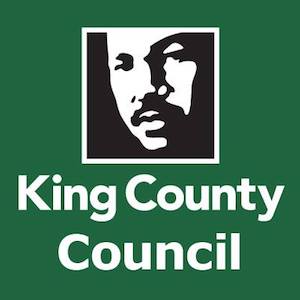The King County Council Committee of the Whole (King County Council COW) includes all nine councilmembers. It considers issues of interest to the entire council, including appointments to the state legislature and department directors and key subordinate units in the executive branch; the annual legislative program; legislation before the federal, state and local governments that affect King County; the King County Strategic Plan; oversight of Harborview Medical Center; arts and culture and associated levies, if any; the Puget Sound Taxpayer Accountability Account; gun safety; the immigrant and refugee commission; issues related to the census; the charter review commission; homelessness, including the King County Regional Homelessness Authority; COVID-19 pandemic response, excluding supplemental appropriations; Racial equality and gender equity and other program and policy matters. The committee of the whole shall conduct town hall meetings on issues of significance.
Briefing
- Washington State Liquor and Cannabis Board (WSLCB)
- Board Member Jim Vollendroff
- Director of Licensing and Regulation Becky Smith
- Policy and Rules Manager Kathy Hoffman
- Director of Enforcement and Education Chandra Brady
- King County Sheriff's Office (KCSO)
- Chief of Staff Mark Ellerbrook
